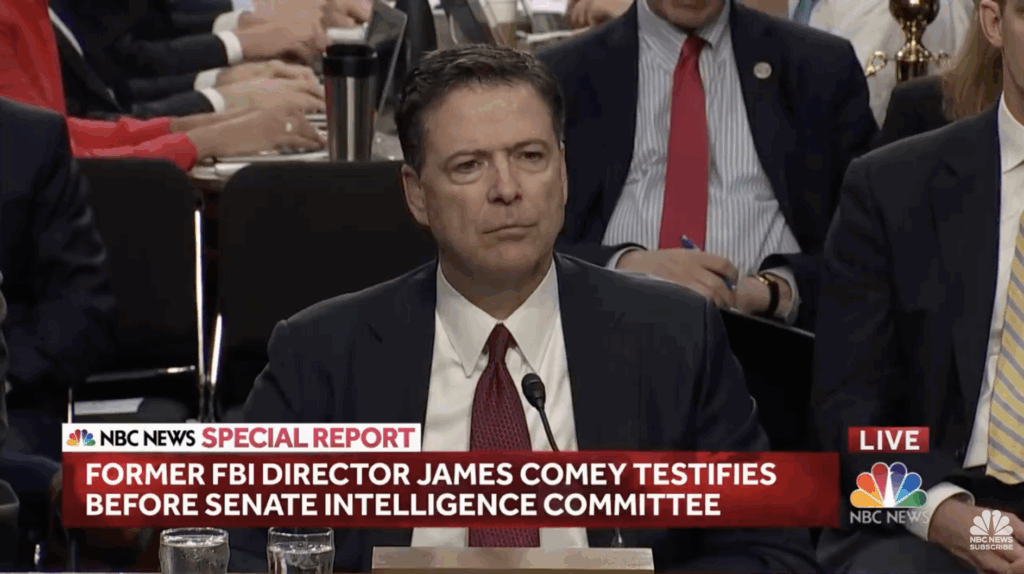Former FBI Director James Comey has been indicted on charges of lying to and obstructing the Senate Judiciary Committee during a 2020 investigation. This indictment has sparked a wave of criticism from Democratic lawmakers, who argue that it is part of a broader campaign of retribution led by former President Donald Trump.
Explainer James Comey Indicted on Charges of Lying to Senate Committee
Rep. Jamie Raskin, Ranking Member of the House Judiciary Committee, condemned the indictment, stating that it reflects Trump’s “wrath and vengeance campaign” against his political opponents. Raskin expressed confidence that a jury would ultimately vindicate Comey, who has faced scrutiny for his actions during the Trump administration.
“Until that happens, Mr. Comey will be forced to spend time, money, and energy defending himself against this blatantly fraudulent and vindictive indictment,” Raskin said in a statement.
The indictment has drawn attention to the ongoing legal battles faced by Trump and his associates. According to the Associated Press, Trump, his campaign, and affiliated organizations incurred approximately $76.7 million in legal fees over a two-year period as they defended against various indictments and investigations.
Critics of the indictment, including some Republicans, argue that it represents a continuation of what they describe as a politically motivated legal campaign against Trump. They assert that the Biden administration has weaponized the justice system to target its political adversaries.
New York Attorney General Letitia James, who has pursued legal action against Trump, has faced her own criticism. Some allege that her efforts are politically motivated, particularly given her campaign promises to hold Trump accountable. A New York appellate court recently ruled that a half-billion dollar fine imposed on the Trump Organization was excessive and unconstitutional, raising questions about the fairness of the legal proceedings against him.
Sen. Mark R. Warner, a Virginia Democrat, commented on the implications of the indictment, stating that Trump has made it clear he intends to use the justice system to punish and silence his critics. “The DOJ is now little more than an arm of the president’s retribution campaign,” he said.
In contrast, supporters of the indictment argue that accountability is necessary for public officials. FBI Director Kash Patel emphasized the importance of upholding the law, stating, “No one is above the law.” He noted that the FBI is committed to confronting issues of corruption within its ranks.
As the legal proceedings unfold, the implications of Comey’s indictment and the broader context of political accountability continue to be hotly debated. Critics maintain that the actions taken against Comey and Trump reflect a troubling trend in American politics, while supporters argue that these measures are essential for maintaining the integrity of the justice system.
The outcome of Comey’s case will likely have significant ramifications for both his reputation and the ongoing discourse surrounding the politicization of justice in the United States.
Why it matters
- Comey's indictment highlights ongoing tensions between political accountability and perceived retribution in U.S. politics.
- Democratic lawmakers view the indictment as part of a broader campaign against political opponents, particularly by Trump.
- The case raises questions about the integrity of the justice system and its use in political conflicts.
- The indictment could influence public perception of both Comey and the legal challenges faced by Trump and his associates.
What’s next
- Comey is expected to mount a defense against the charges, which may prolong legal proceedings.
- Democratic lawmakers plan to rally support for Comey, emphasizing the indictment's political implications.
- The Senate Judiciary Committee may hold hearings to discuss the broader context of the indictment.
